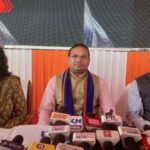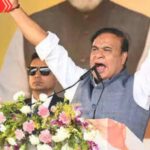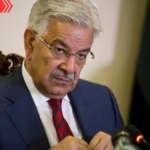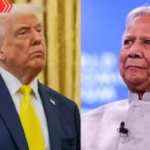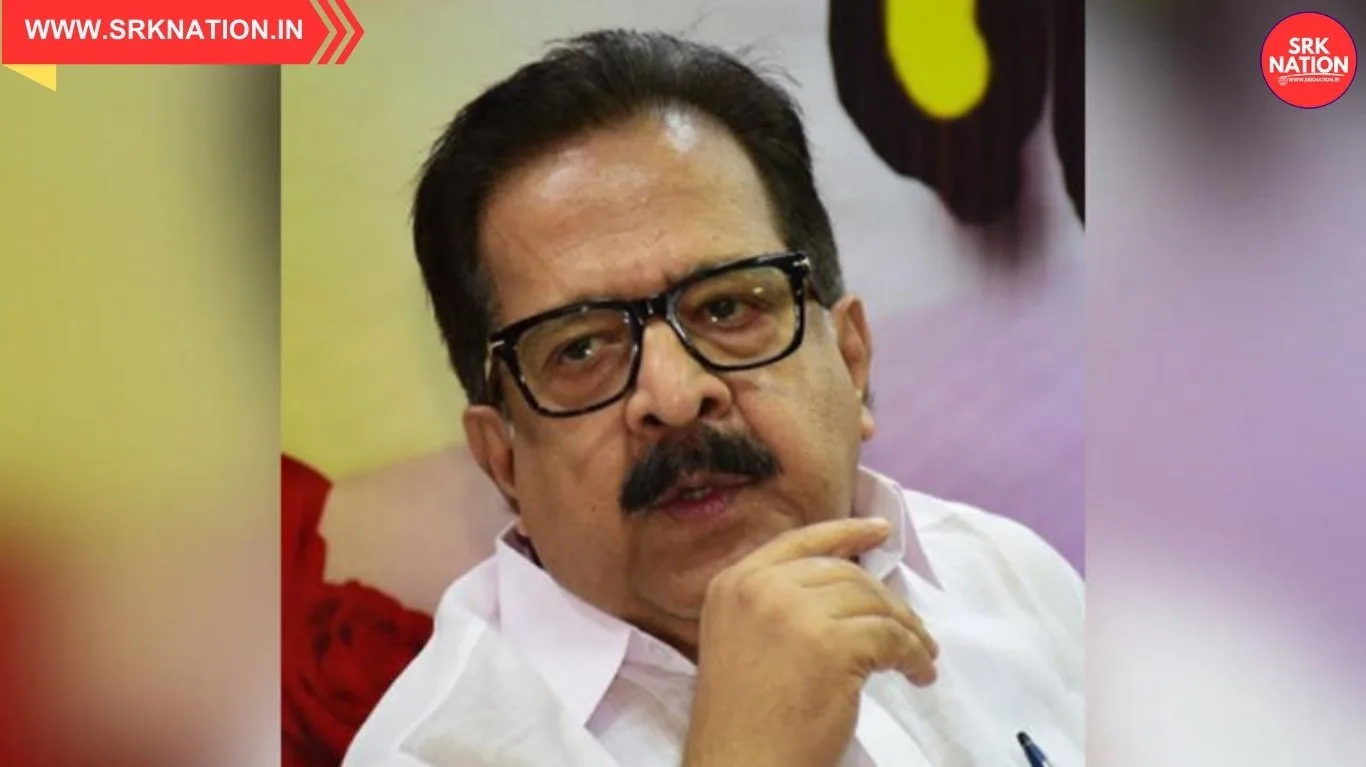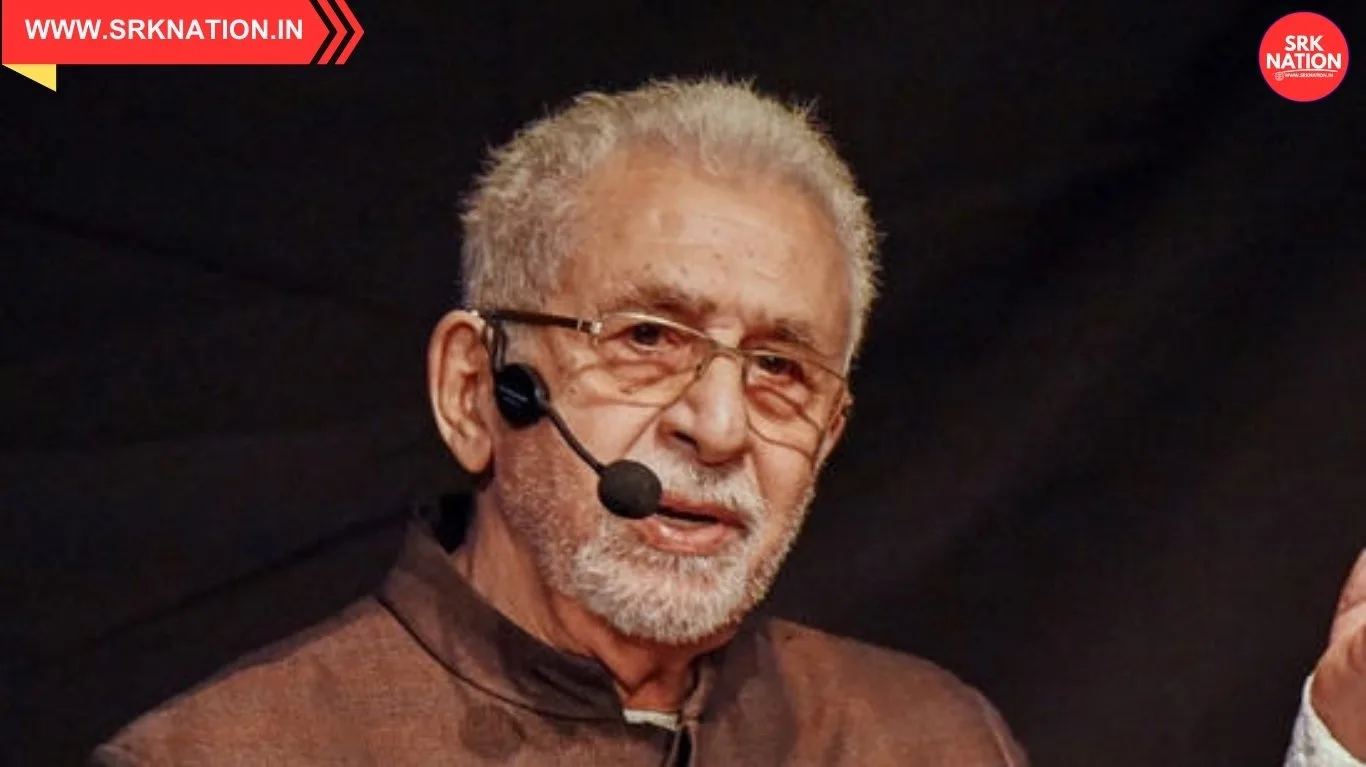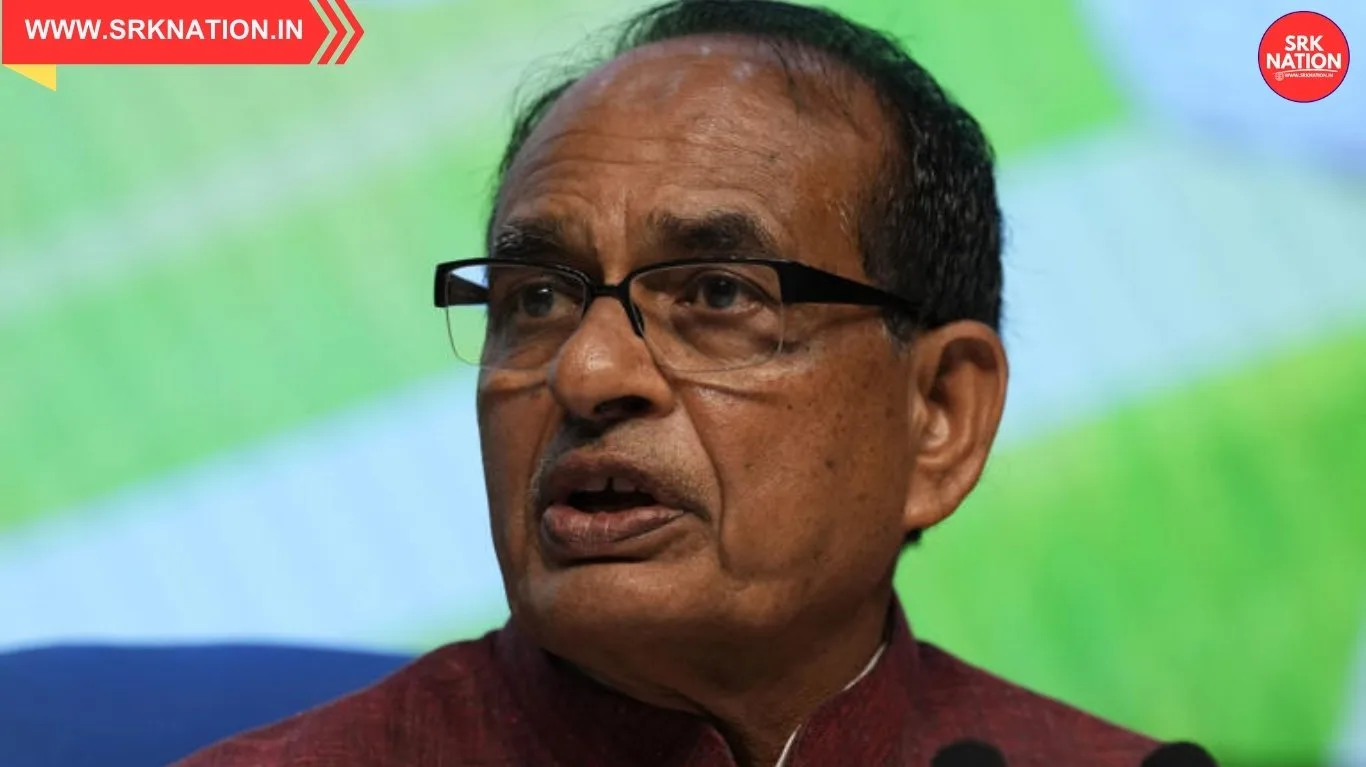In a moment of profound grief for Jharkhand and the larger tribal community of India, veteran leader and former Jharkhand Chief Minister Shibu Soren passed away, leaving behind a void in the nation’s political and socio-cultural landscape. Known fondly as ‘Guruji’, Soren was more than just a politician—he was a beacon of hope for tribal communities, a relentless crusader for indigenous rights, and a key architect of the Jharkhand statehood movement.
Current Jharkhand Chief Minister Hemant Soren, visibly shattered, expressed his sorrow in an emotional public statement: “I am left with nothing. My father was my strength, my teacher, my guide. His loss is not just personal, it’s a loss to every tribal household in the country.” The passing of Shibu Soren marks the end of an era in Indian tribal politics.
Shibu Soren: A Life Dedicated to Tribal Empowerment
Born on January 11, 1944, in Nemra village, Hazaribagh district (now in Bokaro), Shibu Soren emerged from modest roots to become one of India’s most influential tribal voices. He founded the Jharkhand Mukti Morcha (JMM) in 1972, aimed at addressing the exploitation of tribal communities and spearheading the demand for a separate Jharkhand state. His leadership ultimately led to the formation of Jharkhand on November 15, 2000, a dream that took decades of struggle.
Shibu Soren’s political journey spanned over five decades, during which he served as:
- Member of Parliament (seven terms)
- Union Minister for Coal
- Chief Minister of Jharkhand (three times)
He was deeply respected for his grassroots approach, simple living, and steadfast advocacy of tribal identity, language, and forest rights.
Major Milestones in Shibu Soren’s Political Career
| Year | Position Held | Significance |
|---|---|---|
| 1972 | Founded Jharkhand Mukti Morcha (JMM) | Marked the beginning of organized tribal activism |
| 1980 | Elected to Lok Sabha | Became national voice for tribal issues |
| 1996 | Initiated land reform and forest rights drives | Empowered thousands of tribal families |
| 2004 | Union Coal Minister | Advocated for safer mine working conditions |
| 2005 | Became Jharkhand CM (first term) | First tribal CM after statehood |
| 2010 | JMM formed government under his leadership | Fostered tribal coalition politics |
National Leaders Pay Tribute
Prime Minister Narendra Modi led the nation in expressing condolences. In a heartfelt message, he stated, “Shibu Soren ji’s contribution to Indian politics, especially his dedication to tribal upliftment and statehood for Jharkhand, will be remembered forever. He leaves behind a legacy of justice and empowerment.”
President Droupadi Murmu, India’s first tribal head of state, also paid tribute: “His legacy is eternal. He lived for his people and his land. India has lost one of its greatest tribal warriors.”
Leaders across the political spectrum—from Congress’ Mallikarjun Kharge and Rahul Gandhi to AAP’s Arvind Kejriwal and CPI(M)’s Sitaram Yechury—issued statements recognizing Soren’s towering influence.
Emotional Scenes in Ranchi and Across Jharkhand
Soon after the news of his demise broke, thousands of supporters, party workers, and citizens gathered outside the Soren residence in Ranchi, many carrying posters and portraits of Guruji. The Jharkhand government announced a seven-day mourning period, with the national flag at half-mast on all government buildings.
Shibu Soren’s body will be taken to Dumka, his political bastion, for final rites. Local residents from Santhal Pargana are arriving in huge numbers to pay their respects.
Impact on Jharkhand Politics and JMM
While Shibu Soren had officially handed over the reins of leadership to his son Hemant, he remained the ideological core of the Jharkhand Mukti Morcha. His death comes at a politically sensitive time, as the JMM-Congress-RJD alliance in the state is preparing for the 2025 Assembly elections.
Political analysts believe that while the emotional momentum might initially consolidate support for the JMM, the party will now have to prove its ability to lead without its founding patriarch. Hemant Soren has earned praise for governance initiatives in education, health, and tribal welfare—but will now face the dual responsibility of carrying forward his father’s legacy while managing electoral expectations.
Shibu Soren’s Legacy in Numbers
| Sector | Contribution Under Soren’s Leadership | Impact Measurement |
|---|---|---|
| Tribal Land Rights | Pushed for land record reforms and forest rights | Over 2 lakh land titles distributed |
| Education | Established tribal welfare schools and hostels | Over 1,200 tribal schools established since 2000 |
| Healthcare | Advocated for tribal health centers and insurance | Tribal coverage under Ayushman Bharat grew 3x |
| Employment | Launched tribal skill training and MGNREGA drives | Over 10 lakh jobs created or secured |
| Language & Culture | Championed Santhali language recognition | Santhali now official language in Jharkhand |
Tributes from Tribal Communities and Civil Society
Social activists, tribal rights organizations, and citizens across Jharkhand and Odisha, Chhattisgarh, West Bengal, and Assam mourned his loss.
Birsa Jan Andolan, a tribal rights NGO, released a statement: “Guruji made us believe that the forests are ours, our language matters, and that identity is strength. His voice empowered generations.”
In rural areas like Dumka, Simdega, and Chaibasa, special memorial gatherings were held. Folk songs and prayers in Santhali, Ho, and Mundari languages echoed across tribal belts in tribute to their beloved leader.
India’s Tribal Representation: A Look Post-Soren
| Year | Tribal Representation in Parliament | Major Tribal Political Figures |
|---|---|---|
| 2000 | 6% | Shibu Soren, Arjun Munda |
| 2010 | 7.5% | Babulal Marandi, Jual Oram |
| 2020 | 8.9% | Droupadi Murmu, Hemant Soren |
| 2025 | 9.2% (Projected) | Arjun Munda, Anusuiya Uikey |
Soren’s life work played a huge role in empowering tribal voices at the national level. His advocacy paved the way for the eventual appointment of a tribal President and more inclusive policies for indigenous populations.
What Comes Next for JMM and Jharkhand?
The emotional loss for Hemant Soren is deep, but politically, the challenge is steeper. Maintaining unity within JMM, retaining public support, and continuing development while honoring his father’s ideology will define the next chapter in Jharkhand’s history.
Political analysts suggest that a statewide “Guruji Smriti Yatra” may be organized in coming months, not only to honor Shibu Soren but also to mobilize grassroots support in his memory. Hemant Soren is also expected to set up a Tribal Leadership and Research Institute in Ranchi named after his father.
Conclusion
Shibu Soren’s journey from a tribal activist in the forests of Bihar to the architect of Jharkhand and national tribal icon is a testament to perseverance, belief in justice, and the power of community-driven leadership. While his physical presence is no more, his influence will continue to shape tribal discourse and policy in India for generations to come.
As Jharkhand mourns its founding father, India salutes the undying spirit of Guruji, whose entire life was devoted to the welfare of the most marginalized.
Disclaimer: The above content is based on publicly available information and government announcements as of July 2025. Timelines, figures, and political events are subject to future changes. This report does not intend to provide legal, political, or medical advice and is intended for informational and journalistic purposes only.

